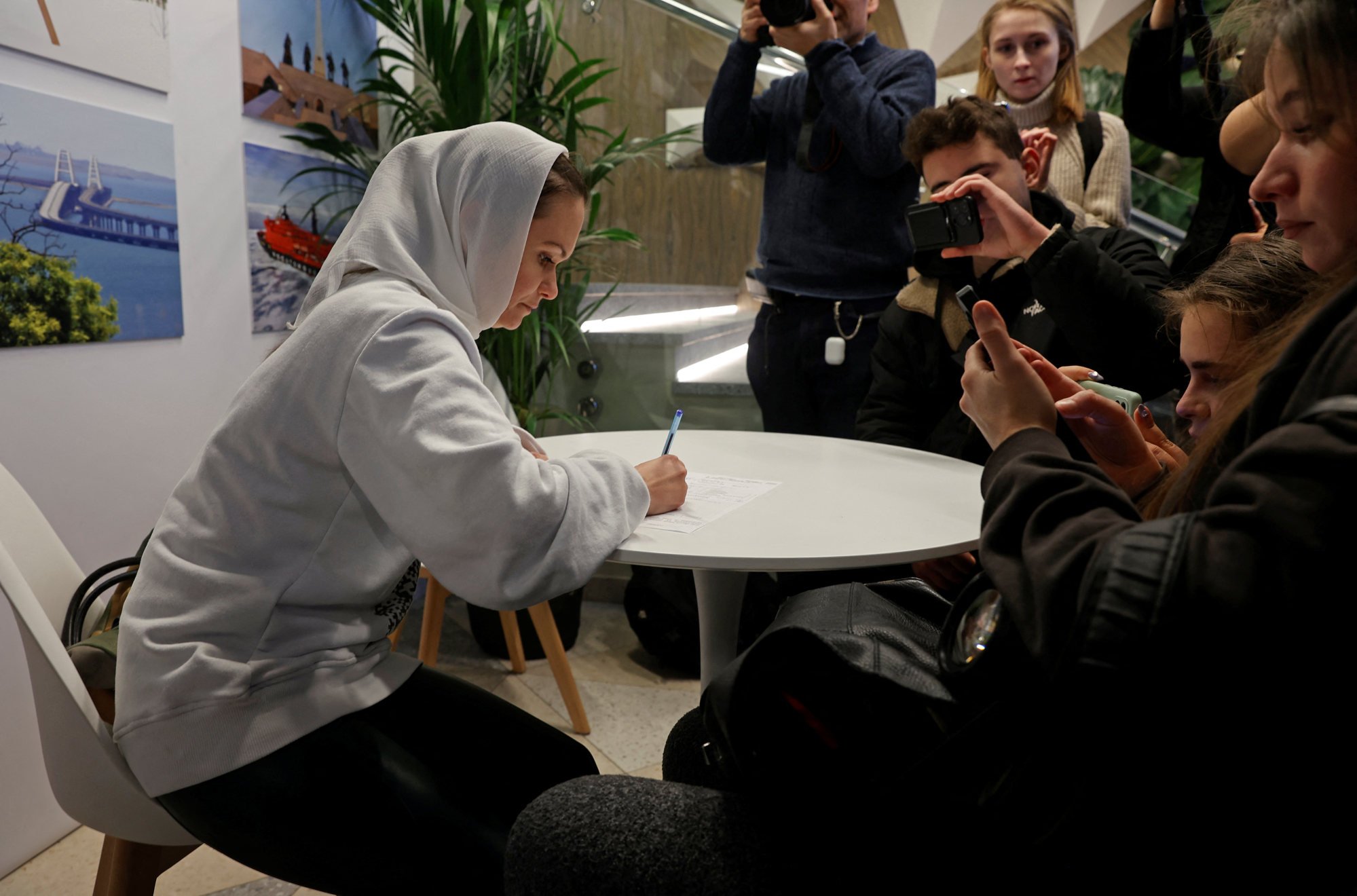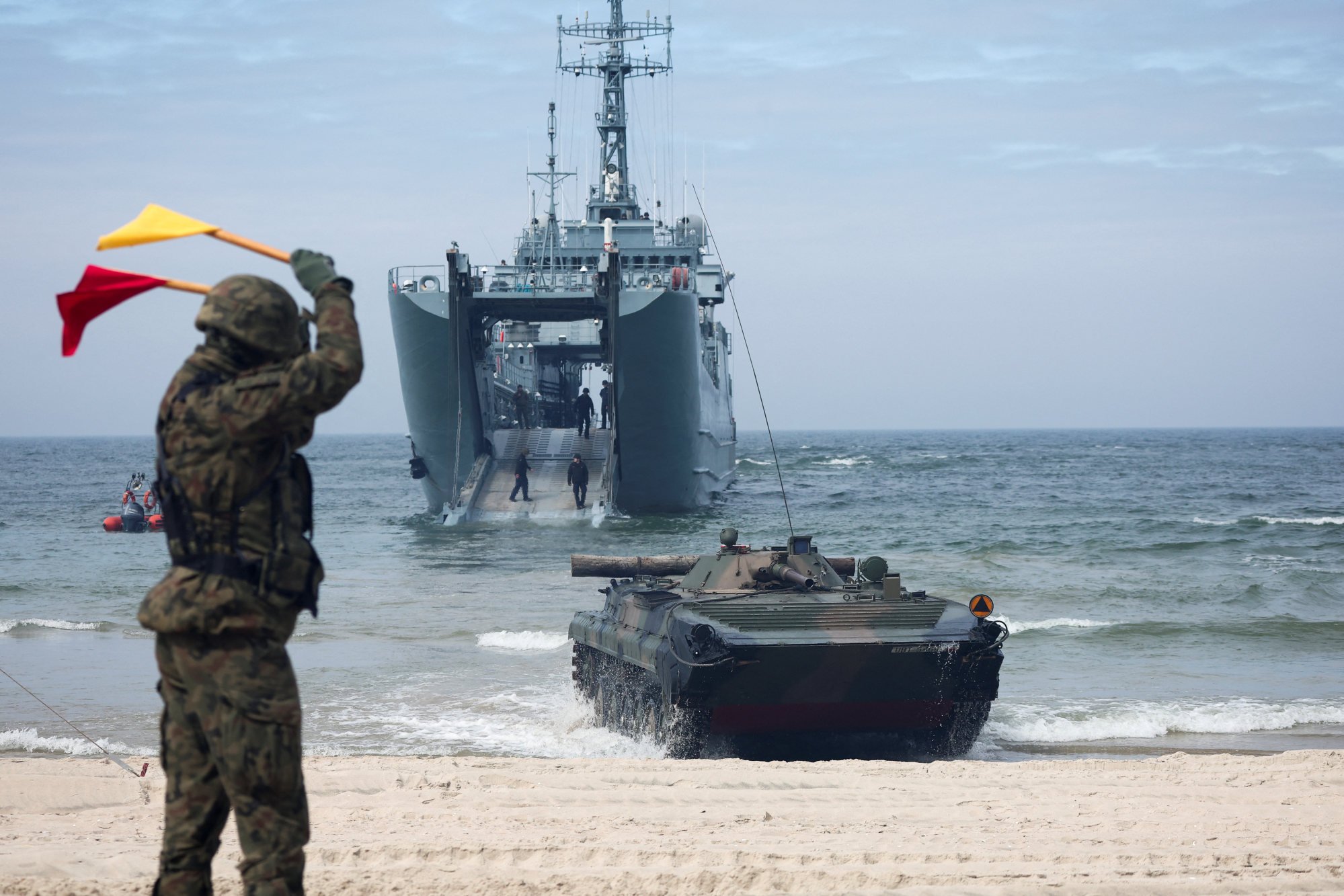
Specifically, there are major differences between China and Russia with regard to their views of international rules.
First, China seeks harmony and common good, while Russia pursues differences, a view rooted in Eurasianism. Russia has tried to integrate into Europe but has failed to be accepted. As a representative of Eastern civilisation, China is obviously different from Europe. China’s history is replete with exchanges of knowledge between civilisations, which point to how it has focused on pursuing harmony.

Third, China leverages the rules of the world order and strives to internalise them through its actions and ideas. Russia, by contrast, is a product of externalisation, having expanded to what it is today with significant influence from the Mongol Empire.
Fourth, China and Russia differ not only on international law and norms but also behave differently on the world stage and therefore get different results. China stresses inclusiveness whereas Russia’s relationship with the West has always been more confrontational.
Fifth, since ancient times, China has emphasised the importance of mutual relationships and the whole world. Russia, on the other hand, is more focused inwards.
Sixth, China has a comparatively restrained national character passed on from its early days as an agricultural civilisation with a sedentary lifestyle. Russians have inherited the tendency to move to seek expansion from their nomadic ancestors.
Seventh, the two countries diverge on their attitudes. When it comes to engaging with other countries, Chinese culture stresses the importance of upholding justice in the face of wrongdoing. Meanwhile, Russia’s approach is often about beating others at their own game.
Eighth, China observes the international rules itself rather than just asking others to follow them. In China, there is a common saying that nothing can be accomplished without norms or standards. Russia asks others to follow the international rules and considers itself exempt from such rules.

Highlighting these differences is not intended to portray China-Russia relations in a negative light. Rather, they should be borne in mind when examining the bilateral relationship and the two countries’ positions within the global system.
Wang Yiwei is Jean Monnet Chair Professor, and director of the Institute of International Affairs, at Renmin University of China
Source: scmp.com



